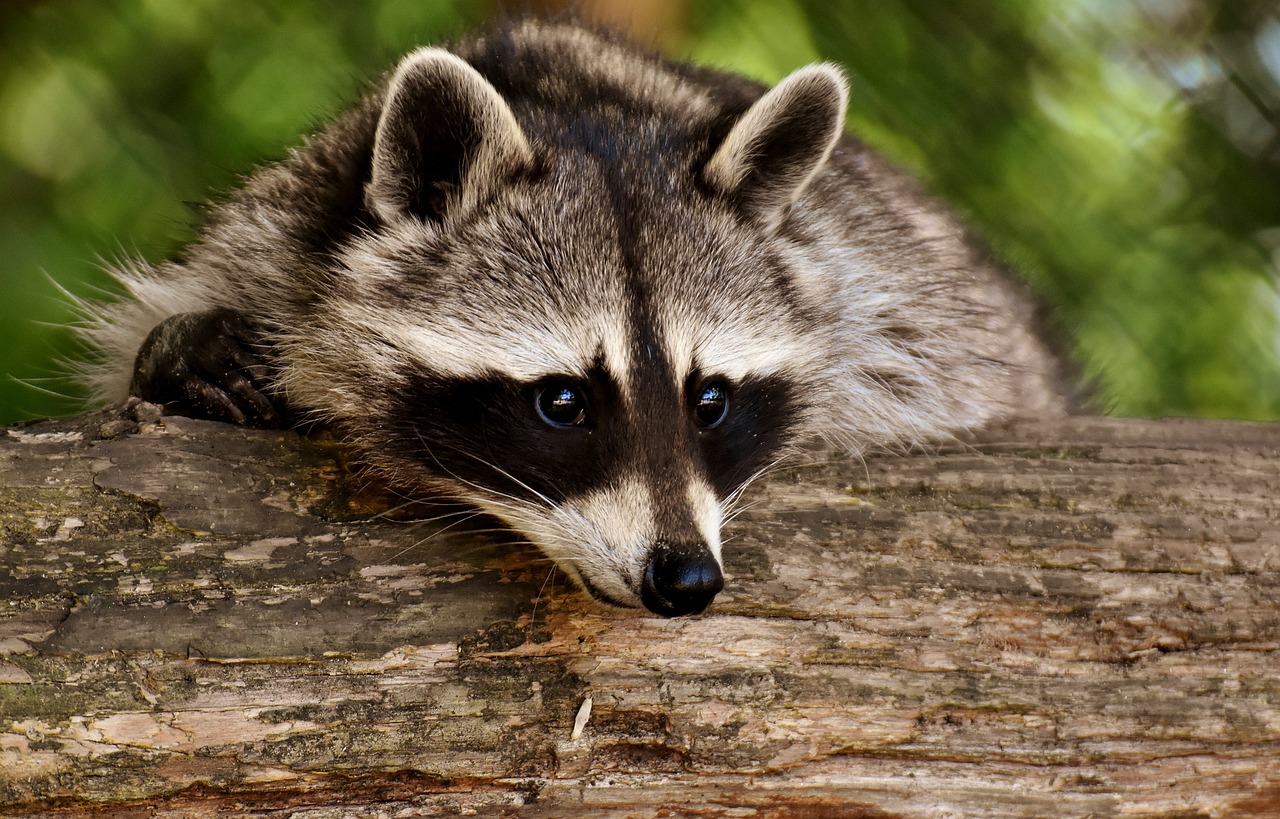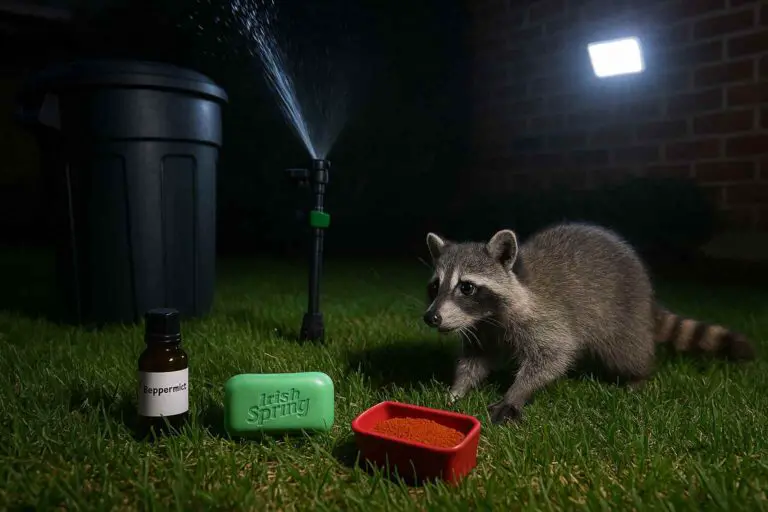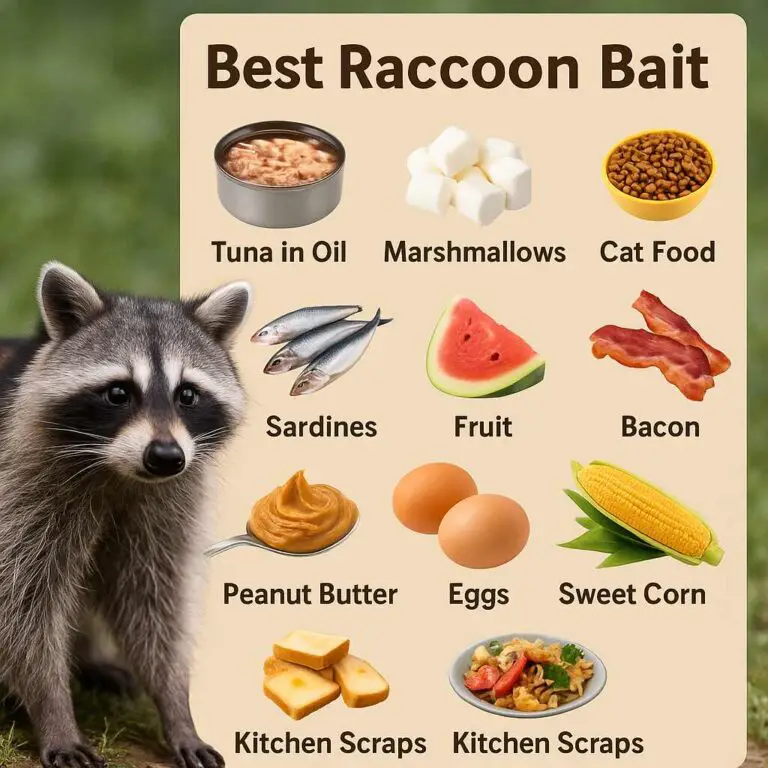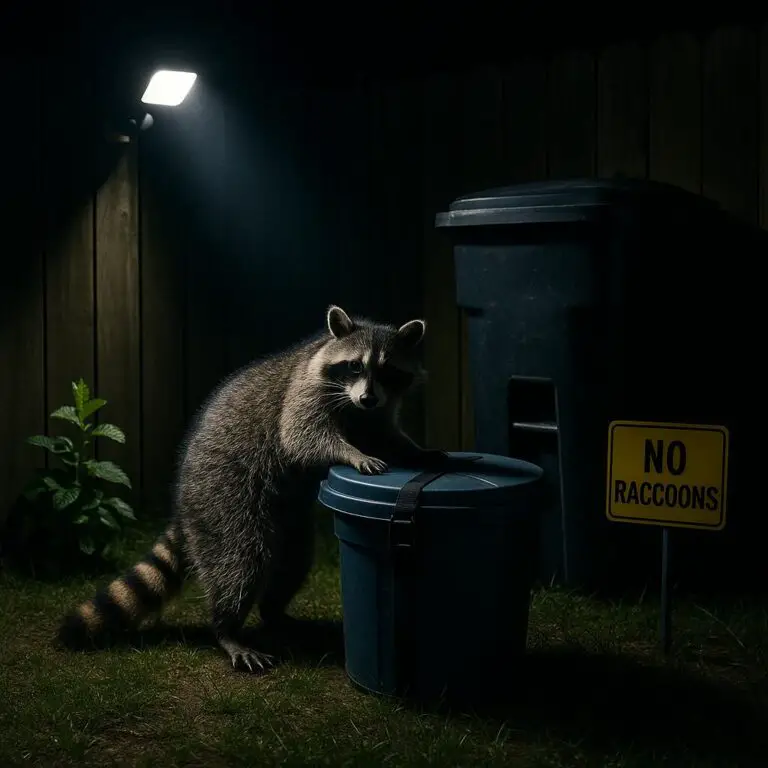Raccoons are one of the most recognizable and intriguing creatures that inhabit our urban and rural landscapes. With their masked faces, ringed tails, and clever antics, they have earned a place in our folklore, and many people are familiar with their scavenging behavior, foraging through trash cans for discarded food scraps. However, beneath their playful exterior lies a complex and often misunderstood aspect of their behavior: their hunting prowess.
In this article, we will dig into the question, “Do raccoons hunt?” and explore the intricacies of their carnivorous nature. We will examine their diet, hunting strategies, and the ecological role they play in their ecosystems.
The Omnivorous Diet of Raccoons
To answer the question of whether raccoons hunt, we must first understand their dietary preferences. Raccoons are omnivores, which means they have a diverse diet that includes both plant and animal matter. This adaptability is one of the key reasons raccoons are so successful in various habitats across North and Central America.
Plant Matter in Their Diet
Raccoons do consume a significant amount of plant matter. Fruits, nuts, berries, and vegetables are all on the menu for these resourceful creatures. They are particularly fond of fruits like apples and berries, which they often find in suburban gardens or orchards. Raccoons are known for their ability to manipulate objects with their nimble paws, which helps them access these types of food sources.
Animal Matter in Their Diet
While plant matter forms a substantial part of their diet, raccoons are not purely herbivores. They are opportunistic predators and scavengers, and they will readily consume various forms of animal matter when the opportunity arises. This includes insects, small mammals, amphibians, fish, and even bird eggs.
To gain a deeper understanding of raccoons’ hunting behavior, let’s explore their strategies when it comes to capturing and consuming animal prey.
Hunting Strategies of Raccoons
Raccoons have several hunting strategies at their disposal, making them versatile predators in their ecosystems. Here are some of the primary ways they acquire animal matter in their diet:
1. Opportunistic Predation
Raccoons are opportunistic hunters. They are always on the lookout for easy prey, which can include insects, earthworms, and small mammals such as mice and voles. When they encounter these creatures, raccoons pounce on the opportunity and use their sharp claws and teeth to secure a meal.
2. Aquatic Predation
Raccoons are excellent swimmers and are known to hunt for aquatic prey. They can catch fish, crayfish, frogs, and even small turtles in freshwater habitats like ponds, streams, and marshes. Their dexterous front paws are particularly useful for capturing slippery prey underwater.
3. Bird Nest Raiding
One of the more notorious aspects of raccoon behavior is their penchant for raiding bird nests. Raccoons are skilled climbers, and they use this ability to access nests high in trees. They have been known to consume both eggs and young birds, making them a significant threat to nesting bird populations, especially in urban and suburban areas.
4. Shellfish Foraging
In coastal regions, raccoons are known for their ability to forage for shellfish such as crabs and clams. They use their strong claws to break open shells and access the meat inside. This behavior demonstrates their adaptability to different food sources and environments.
5. Dumpster Diving
While not a traditional hunting strategy, raccoons have become notorious for their scavenging behavior around human settlements. They often rummage through trash cans and dumpsters in search of discarded food. This opportunistic scavenging can supplement their diet and reduce their need for active hunting.
Raccoons as Nocturnal Predators
Raccoons are primarily nocturnal animals, which means they are most active during the night. This nocturnal behavior is advantageous for their hunting strategies in several ways:
Reduced Competition
By being active at night, raccoons face less competition from diurnal (daytime) predators and scavengers. This gives them a competitive advantage when hunting for food, as they have less competition to contend with.
Enhanced Senses
Raccoons have adapted to the night with enhanced senses. Their eyes are well-suited for low-light conditions, and their acute sense of smell helps them locate potential prey items. These sensory adaptations make them effective nighttime hunters.
Reduced Human Interaction
Being nocturnal also reduces their chances of encountering humans. This can be beneficial for raccoons, as they are often considered pests when they come into close contact with people. Their nighttime habits help them avoid direct confrontations with humans, minimizing potential conflicts.
Urban Adaptation: The Impact of Human Presence
Raccoons have shown remarkable adaptability to urban environments. As cities and suburbs expand, raccoons have managed to thrive in these human-dominated landscapes. Their ability to exploit various food sources and adapt their behavior to urban settings has allowed them to coexist with humans, sometimes to the chagrin of homeowners dealing with trash can raids.
Urban Diet
In urban areas, raccoons have access to an abundant and diverse food supply. Trash cans, compost piles, and even pet food left outdoors become potential sources of sustenance. This readily available food source can reduce the need for active hunting, as raccoons can easily find food in human environments.
Challenges of Urban Life
While urban living provides food security for raccoons, it also presents challenges. Increased vehicle traffic poses a significant threat to raccoons, as they often need to cross roads to access different parts of their urban territories. Additionally, interactions with humans can sometimes result in conflict, as raccoons are perceived as pests when they damage property or behave aggressively.
The Ecological Role of Raccoons
Understanding whether raccoons hunt is not only about their individual behavior but also about their role in ecosystems. Raccoons play several important ecological roles that contribute to the balance of their habitats.
Seed Dispersal
As omnivores, raccoons consume a variety of fruits and vegetables. When they feed on these items, they inadvertently help with seed dispersal. The seeds of many plants pass through their digestive tracts unharmed, allowing them to be deposited in new locations. This helps plants colonize new areas and contributes to the diversity of plant life in their ecosystems.
Regulation of Pest Populations
Raccoons are known to prey on a variety of small animals, including rodents and insects. By doing so, they help regulate the populations of these potential pests. This natural pest control can have positive effects on local ecosystems and agriculture.
Scavengers of Carrion
Raccoons are opportunistic scavengers, and they are not averse to feeding on carrion (the flesh of dead animals). In this role, they help clean up their environment by consuming and recycling the remains of animals that have died from various causes.
The Impact of Raccoons on Wildlife
While raccoons play important ecological roles, they can also have negative impacts on certain wildlife populations. Their habit of raiding bird nests, for example, can pose a threat to vulnerable bird species. Additionally, raccoons are known carriers of diseases such as rabies, which can be transmitted to other wildlife and even domestic animals.
Bird Nest Predation
Raccoons are notorious for raiding the nests of ground-nesting birds, waterfowl, and songbirds. This behavior can have detrimental effects on bird populations, especially when nests are destroyed and young birds are consumed.
Disease Transmission
Raccoons are susceptible to a variety of diseases, some of which can be transmitted to other wildlife and even to domestic animals. Rabies is a significant concern, as raccoons are one of the primary vectors of this deadly disease in North America.
Conclusion
In answer to the question, “Do raccoons hunt?” the answer is a resounding yes. Raccoons are indeed hunters, although their hunting strategies are diverse and adaptable. They are opportunistic predators that can capture a wide range of prey, from insects to small mammals, aquatic creatures, and bird eggs. Their ability to forage in both natural and urban environments showcases their adaptability and resourcefulness.
While raccoons are often associated with their mischievous behavior in urban areas, it’s essential to recognize their ecological importance. They contribute to seed dispersal, help regulate pest populations, and assist in the recycling of carrion. However, they also pose challenges to certain wildlife populations and can carry diseases that have broader implications for ecosystems and public health.
To coexist harmoniously with raccoons, it’s essential to strike a balance between appreciating their role in nature and taking measures to mitigate potential conflicts in urban settings. Understanding the behavior of raccoons and respecting their ecological significance can lead to a better appreciation of these remarkable creatures that share our landscapes.








